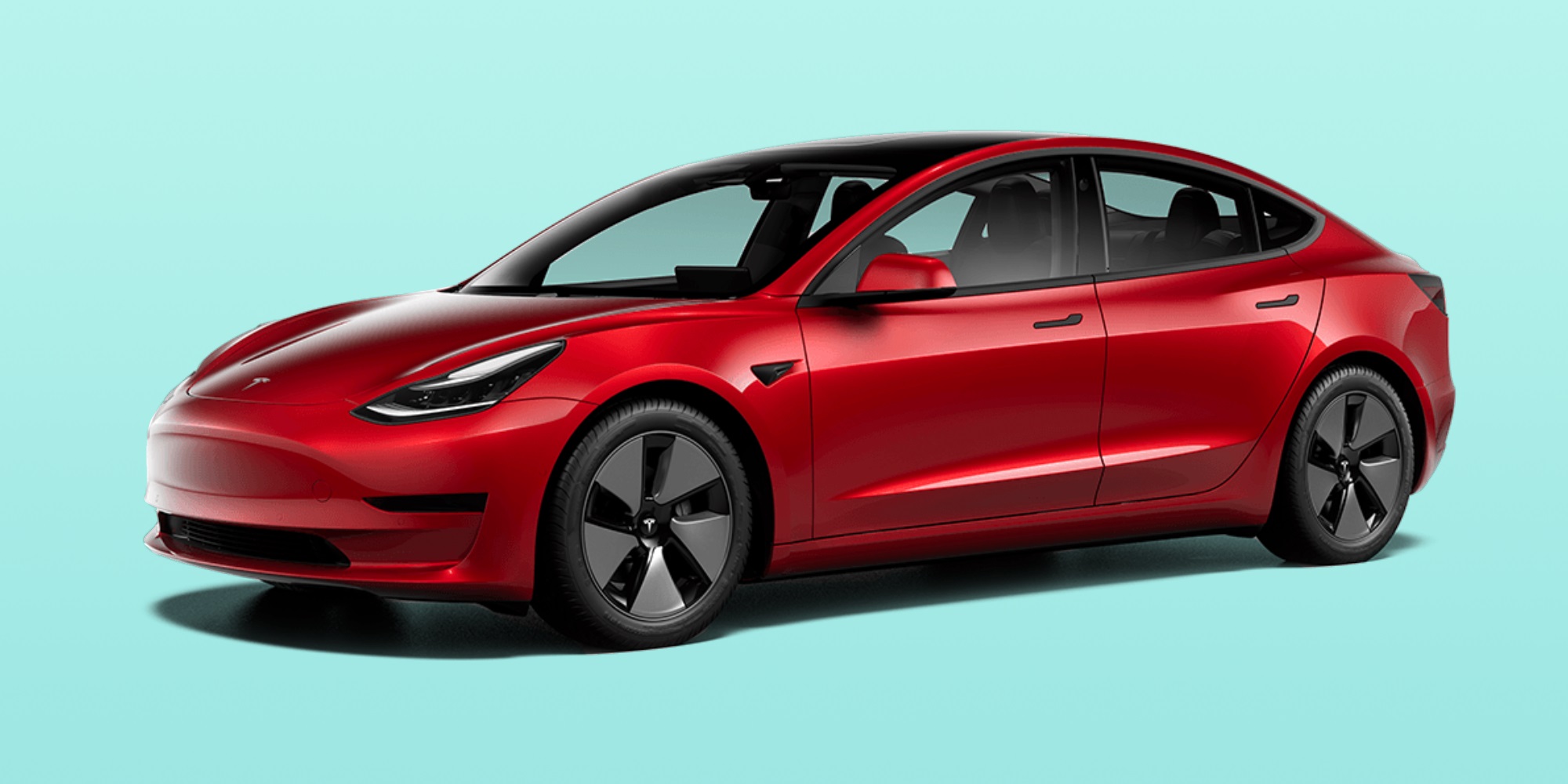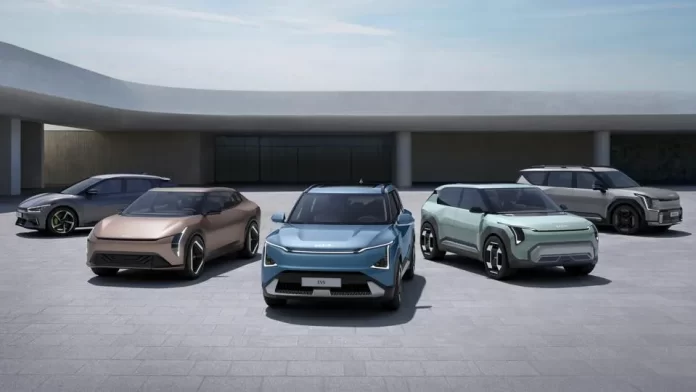The Ikea Foundation has allocated a $100 million (RM475.6 million) funding injection to support a global initiative aimed at accelerating the adoption of electric vehicles.
This initiative seeks to aid developing nations in transitioning directly from gasoline-powered vehicles to more environmentally friendly alternatives.
Backed by philanthropic supporters like the European Climate Foundation, the Drive Electric Campaign announced that the recent contribution from the Ikea Foundation will be used to strengthen advocacy and campaigning efforts for the electric vehicle transition in Africa, Latin America, and Southeast Asia.

This assistance will be directed towards an initiative known as the “Leapfrogging Partnership.”
With the majority of the growth in demand for automobiles, trucks, buses, and two- or three-wheeled vehicles projected to come from emerging economies by 2050, the objective is to invest in these countries now to facilitate a transition toward entirely electric growth.
“Road transportation accounts for roughly 15% of energy-related greenhouse gas emissions, so if we are serious about a global transition towards 1.5 degrees of global warming, then we cannot reduce emissions without it,” explained Edgar van de Brug, Portfolio Manager for the real economy at the Ikea Foundation.

Among the largest charitable contributions ever made by the Ikea Foundation, this grant will assist local partners in addressing significant obstacles to expansion, including insufficient charging infrastructure and a lack of EV-friendly policies.
By doing so, they aim to improve market conditions conducive to unlocking both public and private financing opportunities.
According to the Drive Electric Campaign, this collective effort could potentially save approximately 43 gigatonnes of carbon dioxide equivalent (CO2e) by 2050 in countries such as Brazil, Mexico, Indonesia, and South Africa.
The increase in funding follows successful initiatives in various nations, such as India, where the electrification of last-mile parcel delivery in urban regions is experiencing significant growth, noted van de Brug.
Beyond reducing greenhouse gas emissions and enhancing air quality, electric vehicles (EVs) can positively impact the broader economy by stimulating advancements in battery technology, lowering costs, and enhancing storage capacity.
“Electrification of road transportation is one of the super leverage points. That could help reduce emissions in more than 10 sectors of our economy,” van de Brug emphasized.
Drive Electric program director Rebecca Fisher highlighted the broader societal benefits of transitioning to electric vehicles.
“We know that communities are already experiencing the benefits of e-mobility, from delivery drivers saving money on fuel to public transit workers breathing cleaner air.
Now is the time to supercharge the momentum of EV innovation with ambitious public policy, business leadership, and strong partnerships.”


